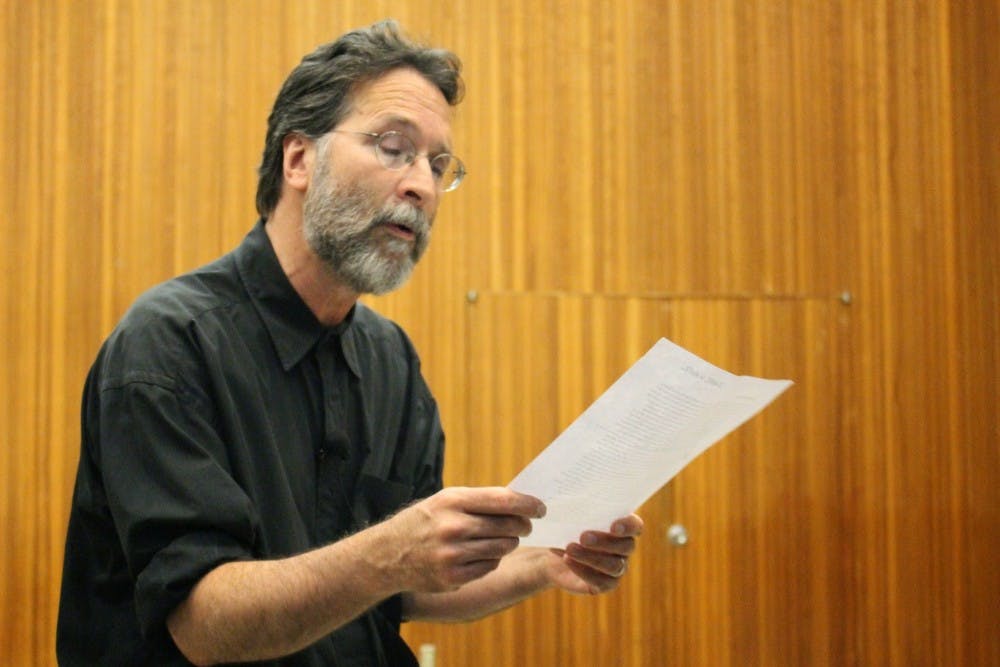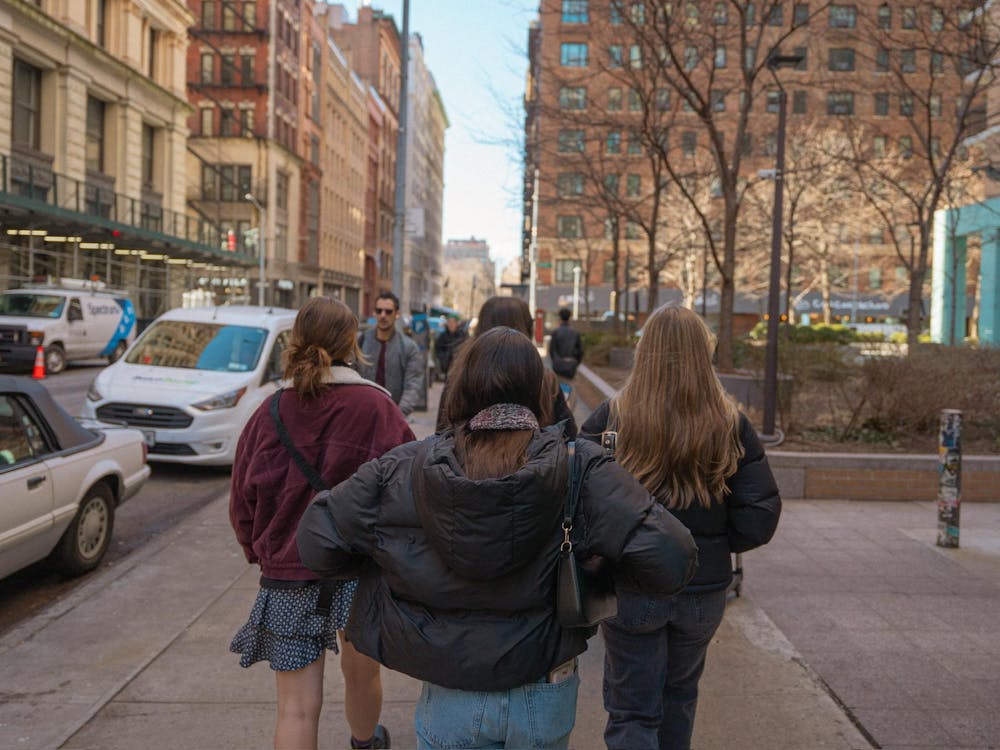It has now been six months since the student newspaper went paperless at the university where I work, and while I understand the change, and applaud the small savings, and laud the manner in which the ‘paper’ is now open to and vibrant with brief snippets of film and cheerful testy audible voices and music.
Still, I miss the flap and flop of the actual tactile paper on my desk, and the way your fingertips instantly soaked up the eager ink, and the way the advertisements in the paper were often every so slightly misprinted on the page, the way the photographs were often printed poorly, so that sunny days appeared to be brooding with thunderstorms, and young people appeared ancient, and older people appeared beyond ancient; and the way the papers were stacked carefully in towering blocks in their distribution bins and cages, and the way that students and faculty and staff and neighbors paused for a second as they strolled by the bins and cages, and half-bent to scoop up a copy, or a handful if they were supplying their fellow travelers in their departments or offices of classrooms; and I miss also the way that you would find a copy of the paper folded open to an article of interest to the person who had been at your cafeteria table or pew in the chapel before you, so that you would, for a moment, get a glance into the mind of one other unknown soul on campus, who was, for reasons known only to him or her, riveted by the snappish byplay of the letters to the editor, or the long profile of the student-athlete from the Sudan, or the notice of rooms to rent, cars for sale, and tostadas for half-price for eleven minutes every other Thursday afternoon for the first seven people who wandered in waving the coupon.
It makes sense to go wholly electric and electronic and digital with the ‘paper’ -- it fits the habits and customs and manners of life of the students, and some older folks; it saves a great deal of paper from being briefly useful and then only recycling or handing wrapping for birthday presents; it saves any number of alder trees from being executed for the repurposing of their scrawny bodies; it saves the expenditure of ink, it puts less stress on the spines of the muscular students who once delivered the paper to its weekly bins and cages, and surely allows for more advertising, and the dollars that pay for advertising. Almost certainly the general readership has gone up; certainly you can now find and retrieve past stories more quickly and easily.
And yet, and yet… even as I laud and applaud, I do miss the unconscious way you snapped and folded the paper so as to more easily read the police log, and the way you could scribble furiously in the margins when you read a particularly querulous or silly or snarky piece, and the way you could circle or highlight a particularly sharp or thoughtful piece, to alert the next occupant of your table or pew, or to carry home as spark for your own letter to the editor.
I am not, I think, being nostalgic here, if we agree that nostalgia entails some glaring sentimentality; but I am expressing affection and even a gentle reverence for a time and a style and a shape of things; I do not suggest that we should return to it, but I will suggest, with a smile, that we stop and ponder the cheerful shaggy late paperness of the student newspaper, and remember it with pleasure. Like so many things, including us, the paperness of the paper had a life cycle, and came to a quiet end, mourned by some and unknown to most; but, again like many things, including us, there was much to sing and celebrate and applaud and admire and be thankful for, over the course of that life -- 81 years, in the case of the paper, and generally well-lived years they were, it seems to me. For which thanks and fond memories.
Brian Doyle is the editor of Porland Magazine and can be reached at bdoyle@up.edu.








